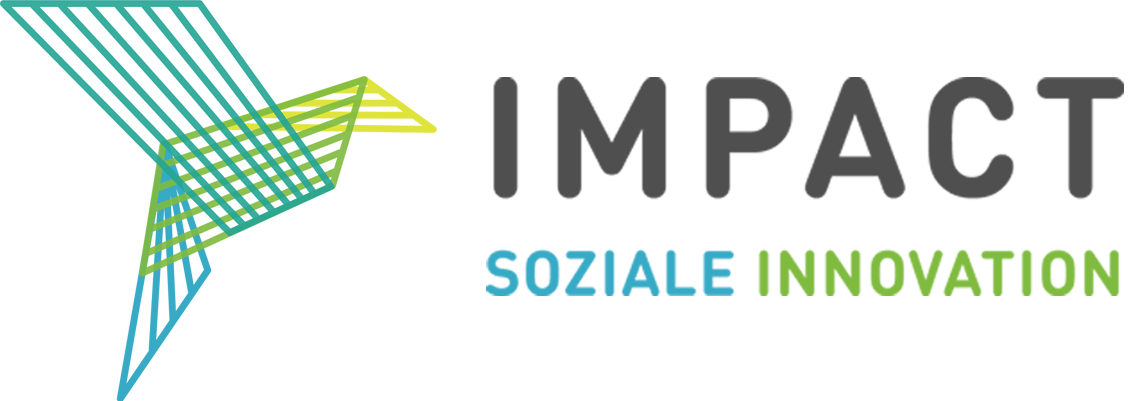The group took up its work in June 2017 and is funded by the German Federal Ministry of Education and Research (BMBF) for five years.
New digital platforms for sharing, swapping and other ways of collaborative consumption are widely associated with positive economic, ecological and social effects. However, existing platforms like Airbnb and Uber are increasingly perceived critical in public debate: platforms would skim off rents from transactions, users’ behavior would primarily be motivated by economic and functional considerations, ecological advantages would be leveled since savings resulting from the use of sharing models would often be offset by further consumption (so-called rebound effects), and regulations would be bypassed. As an antithesis, different decentral models combining alternative organizational forms and new technologies are discussed and tested. However, the key question is whether new technologies (such as the Blockchain Technology) or alternative organisational forms (such as platform cooperatives) might reach a better socio-ecological impact and could transform the current platform economy accordingly.
The interdisciplinary research group platforms2share will investigate this and related questions. Dr. Dominika Wruk runs the group, that is staffed by four Ph.D candidates and one research assistent.


